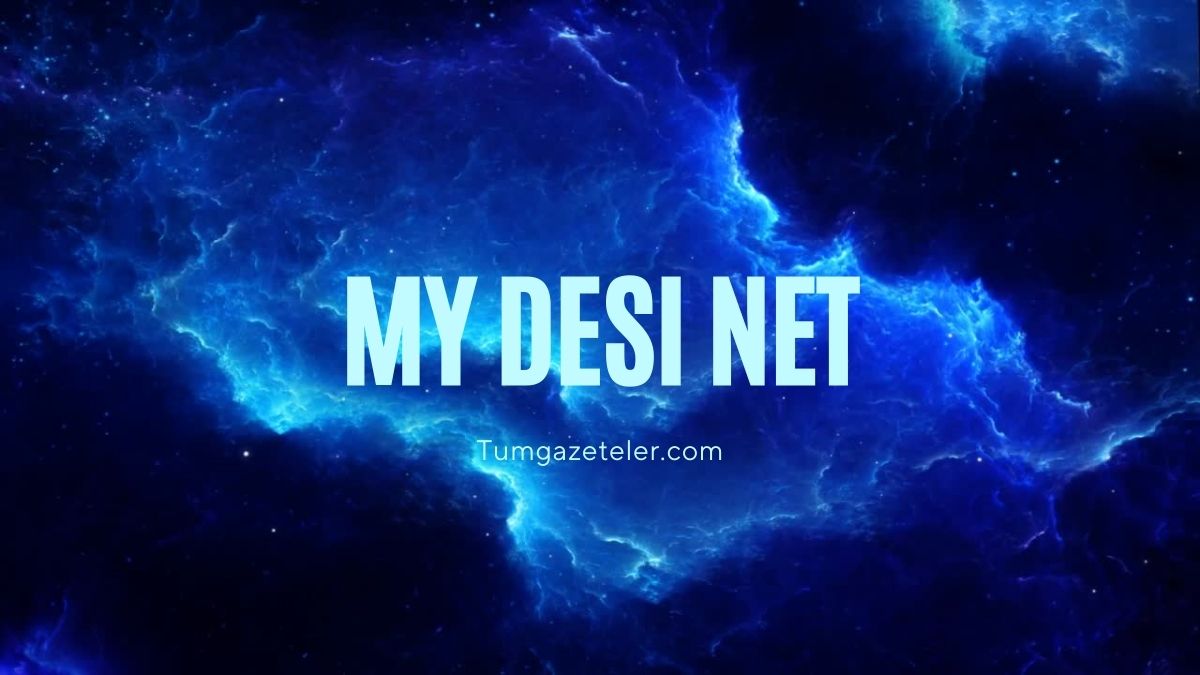Explore **Mydesi** Content: Free Indian Sex Videos & More - Get The Latest!
Is the digital landscape truly a democratic space, or has it become a complex web where access to information and entertainment is often intertwined with hidden agendas and ethical gray areas? The proliferation of platforms offering "desi" content, particularly those catering to adult interests, raises critical questions about content moderation, user safety, and the responsibilities of online providers.
The internet, once envisioned as a boundless realm of knowledge and connection, has evolved into a multifaceted environment, housing a diverse array of content, from educational resources to entertainment platforms. However, this evolution has also brought forth challenges, particularly in the context of content moderation. The accessibility of explicit material, often packaged under the umbrella of "desi" content, presents a significant concern. While the term "desi" broadly refers to people of South Asian descent and their culture, the context in which it is used online frequently centers around sexually explicit content, raising questions about its cultural significance and potential harms. This raises several concerns.
One major concern is the potential for exploitation and the safety of the individuals involved. The anonymity afforded by the internet can create a breeding ground for harmful practices, including the non-consensual distribution of intimate images (revenge porn), the exploitation of minors, and the trafficking of individuals for sexual purposes. The prevalence of content described as "mms videos," which often implies non-consensual recordings, is a particularly troubling aspect of this landscape. The platforms hosting such content are often difficult to regulate and the individuals involved may be exposed to legal and ethical issues. The lack of rigorous verification processes and the absence of robust content moderation mechanisms further exacerbate these problems, making it challenging to protect vulnerable individuals and ensure the integrity of the content.
The blurred lines between consensual and non-consensual content is a core ethical dilemma. The absence of clear consent protocols and the potential for coercion raise questions about the ethical responsibilities of both content creators and platforms. The proliferation of "free indian mms clips" and similar content, often without clear information about the involved individuals, creates the potential for exploitation and abuse. The legal and ethical implications of content creation and distribution must be closely examined to prevent the spread of harmful content and to ensure the safety and rights of individuals involved. The ease with which such content is accessed also adds to the complexities.
Furthermore, the use of the term "desi" in this context blurs the line between cultural expression and sexualization. While many individuals and communities celebrate their culture and heritage through various forms of media, the focus on sexually explicit content can be seen as a reductionist and potentially harmful representation. The portrayal of women, particularly, can reinforce harmful stereotypes and contribute to the objectification of individuals. The commercialization of culture through this type of content is also another critical point that should be considered.
The challenges extends beyond individual safety. The distribution of explicit content also has significant implications for digital privacy and security. Platforms may not always have robust security measures in place to protect user data, making individuals vulnerable to hacking, data breaches, and identity theft. The constant threat of malware, phishing, and other cybercrimes can further compromise user safety and security. The lack of transparency regarding data collection and usage further erodes user trust and privacy, making it difficult for individuals to make informed decisions about their online activities.
The role of platforms like mydesi.net, as well as other sites hosting similar content, is central to this debate. The question of responsibility falls on these platforms. The lack of robust content moderation, and the potential for financial gain from the hosting of explicit content, raises ethical questions. Many of these platforms operate from jurisdictions where content regulation is lax, making it difficult to hold them accountable for the content they host. The legal and ethical frameworks surrounding online content, and in particular adult content, need to be re-evaluated and strengthened to ensure that these platforms operate responsibly and protect their users. Many factors affect this industry.
The rise of online platforms offering "desi" content, particularly those focusing on adult entertainment, is a complex phenomenon with significant implications for content moderation, user safety, and the ethical responsibilities of online providers. The lack of a well-defined content regulation framework. The commercialization and exploitation of individuals. The rise of digital privacy and security threats. The need to address these challenges through a multi-faceted approach involving industry self-regulation, stricter enforcement of legal frameworks, and greater user awareness is therefore crucial.
The internet's potential for global connection, the importance of cultural exchange, and the need to ensure the safety and well-being of its users, all make it an essential focus area for the digital landscape.


